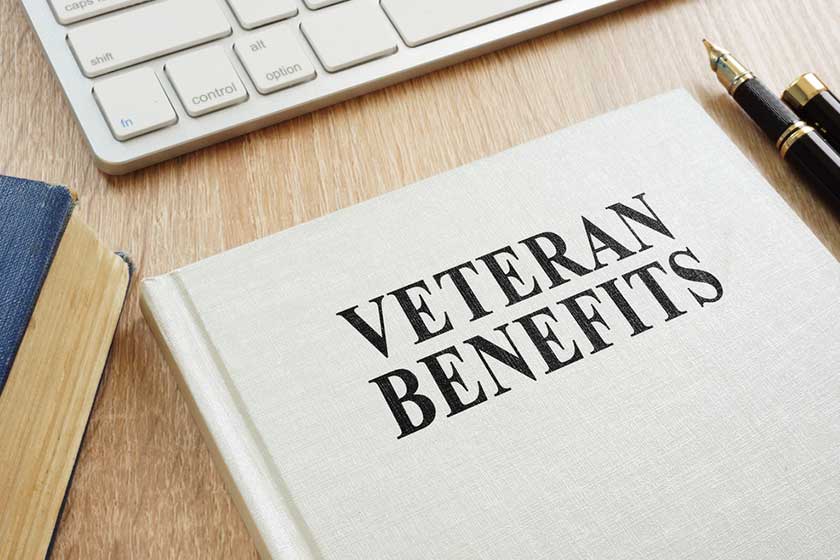Veterans are some of the most highly trained and experienced professionals in the workforce. They have dedicated their lives to serving their country and should be commended for that dedication. Because of this, many veterans are looking for a way to stay active as they age. Unfortunately, some veterans need to learn about the benefits they may receive from the government or private organizations like insurance companies or banks. In this post, we’ll discuss common misconceptions about veteran benefits for assisted living in Winter Beach, FL, hoping that more people will see what they can get—and find out how to access it!
You Need To Be 100% Disabled To Receive VA Benefits For Assisted Living
In fact, one of the most common misconceptions about veterans’ benefits is that they are only available to those who are 100% disabled or worse. This is simply not true! If you’re receiving VA health care coverage and wish to move into assisted living, then you may qualify for additional support from the government or other organizations such as charities or churches. You can also apply for state assistance programs like Medicaid even if you still receive some form of VA health insurance coverage at home.
Non-Service-Related Injuries Are Excluded From The Program
The VA does not exclude non-service-related injuries from its coverage criteria. Veterans who have been injured during their time in service may qualify for additional assistance through this program if their injuries are severe enough and impact their ability to live independently; however, there are no restrictions on who is eligible based on type or severity of injury (or even whether or not they were injured while serving). Any veteran who receives an honorable discharge will receive access to these services regardless of whether they sustained any physical or mental damage during active-duty service.
VA Benefits Only Cover Nursing Homes
You may have heard that VA benefits only cover nursing homes, but this is not true. Veterans who have served in the military can qualify for disability compensation if they have a service-related injury or illness and need help with activities of daily living (ADLs). The benefit amount varies depending on your disability rating, but it’s usually enough to cover assisted living costs.
Assisted living communities come in many flavors: some offer 24/7 care and supervision; others provide minimal assistance during waking hours only; still, others offer respite stays as needed when family members need relief from caring for an aging loved one at home. If you’re planning on moving into one soon after discharge from active duty or retirement, talk with your medical team before making any decisions so they can determine whether your needs will be met by what’s available locally (and how much it’ll cost).
Veterans Cannot Access These Benefits While They Are Still Working
Veterans can access these benefits regardless of their age. While there may be some stipulations regarding the age at which someone could qualify for certain services or benefits (such as Medicaid), most state and federal programs do not discriminate based on age when determining eligibility for veteran-specific benefits such as VA Home Loan Guaranty Loans or Medicare Part B premiums subsidies for individuals over 65 years old who meet certain criteria.
Conclusion
As we mentioned before, many myths exist, but they don’t have to hold you back from getting the care you need. With proper research and planning, veterans and their families can get all the financial help they deserve when looking into a senior-friendly independent living community or other senior housing options.







